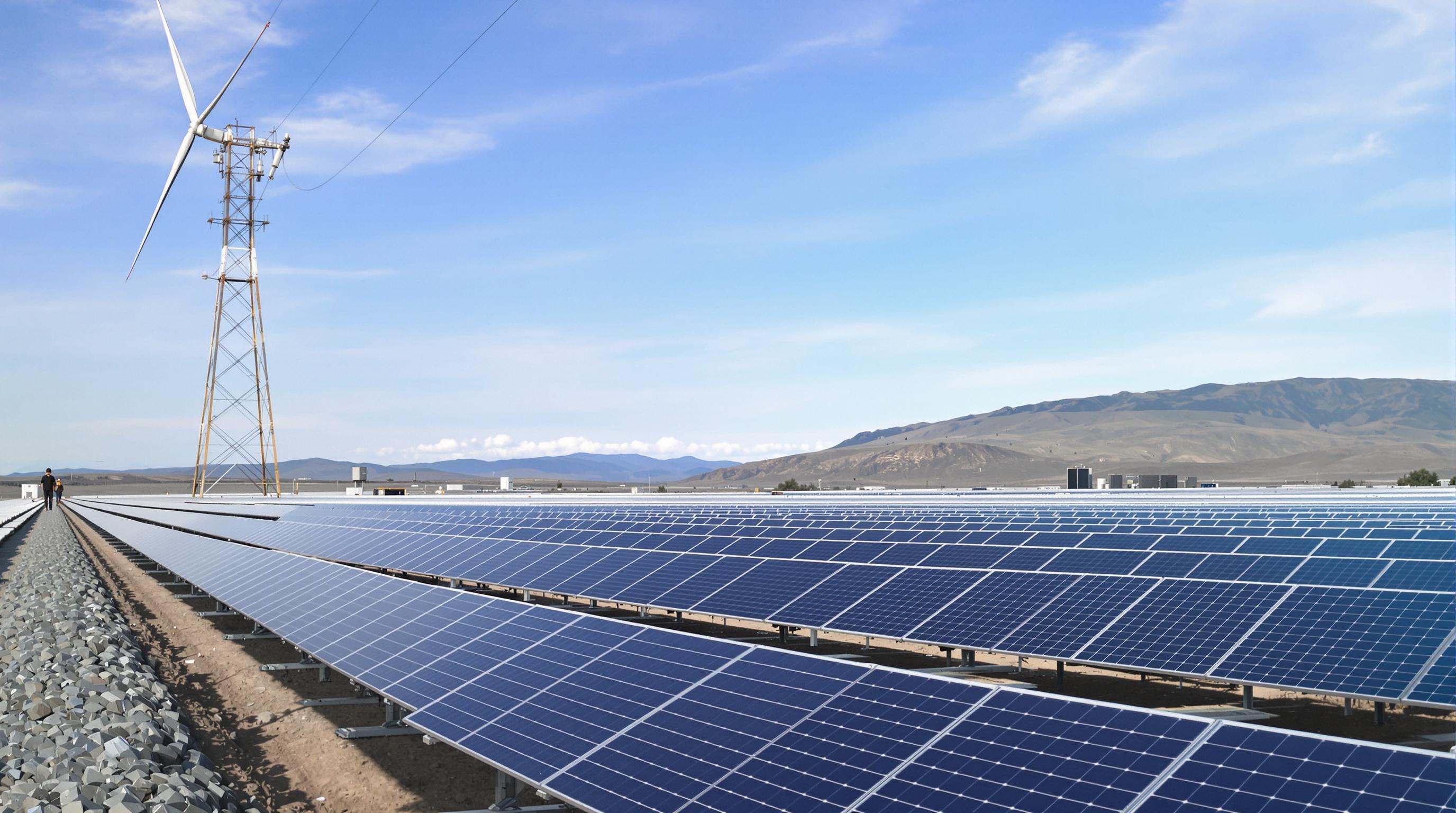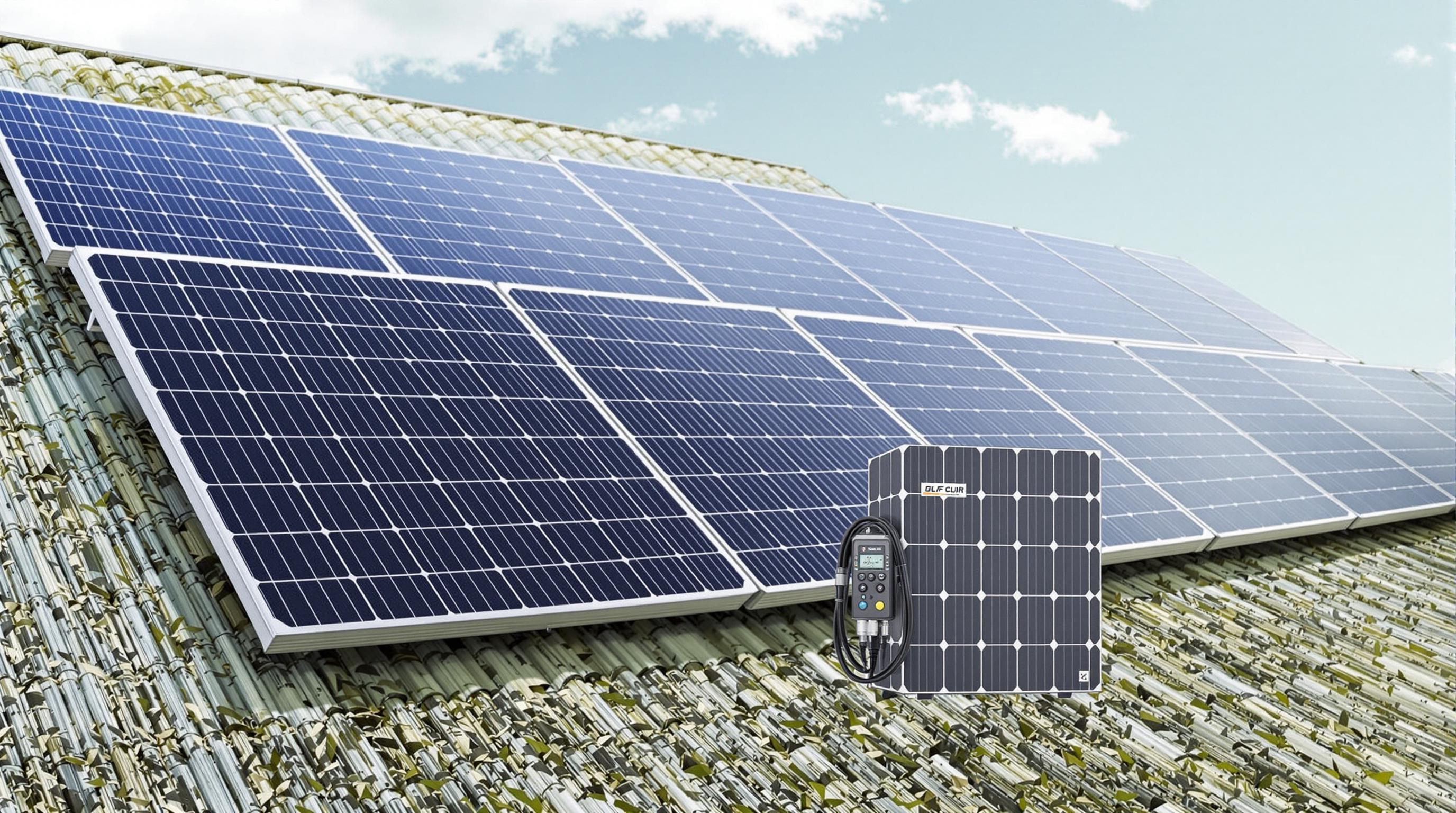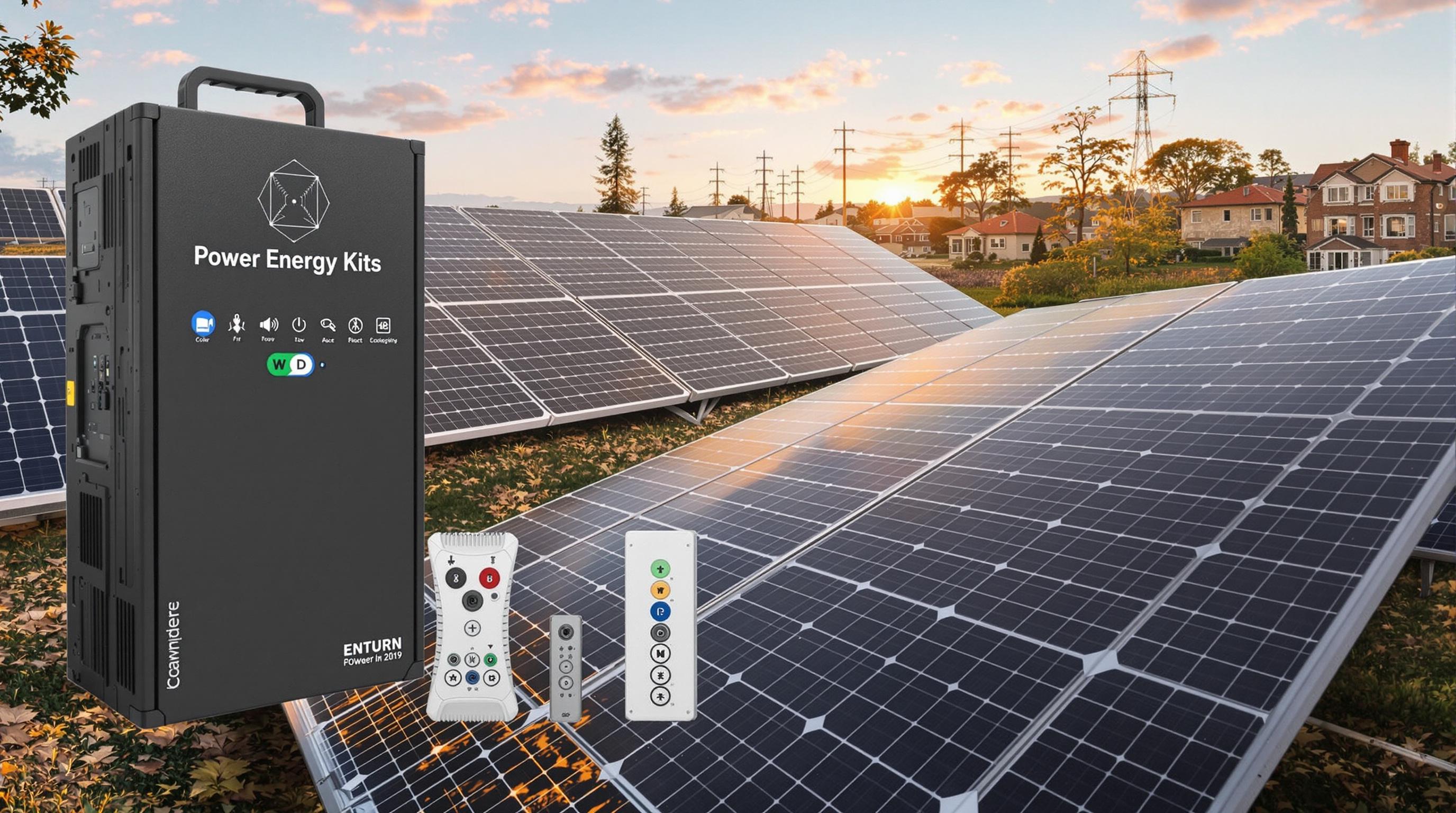Related Articles
- 7 Game-Changing Off-Grid Solar Kits from the Last 5 Years Ranked for Peak Performance and Reliability
- Uncovering the Role of Solar Warranty Disputes in Shaping Consumer Trust and Industry Accountability
- The Role of Behavioral Economics in Shaping Unexpected Solar Investment Decisions Among Rural Entrepreneurs
- Top 5 Emerging Solar Panel Brands Since 2019 That Outlast the Competition in Real-World Tests
- Top 6 Trailblazing Ground Solar Frames Unveiled Since 2019 Revolutionizing Installation Speed and Durability
- How Biodegradable Mounting Materials Could Revolutionize Eco-Friendly SolarRoof Installations by 2030
Top 9 Innovation-Driven Systems Released Since 2019: Expert Reviews & Performance Rankings for Self-Sufficient Power
Top 9 Innovation-Driven Systems Released Since 2019: Expert Reviews & Performance Rankings for Self-Sufficient Power
Top 9 Innovation-Driven Systems Released Since 2019: Expert Reviews & Performance Rankings for Self-Sufficient Power
1. Tesla Powerwall 2 (2019)
Overview: Tesla’s Powerwall 2 revolutionized home energy storage with its scalable, sleek design and a capacity of 13.5 kWh. It allows homeowners to store solar energy for use during peak hours or outages, enabling a high degree of energy independence.
Expert Review: Experts laud its robust efficiency, seamless integration with solar panels, and user-friendly app controls. According to a 2020 report by CleanTechnica, Powerwall 2’s modular design sets industry standards for expandability and remote management.
Performance: The system delivers 90% round-trip efficiency with a 10-year warranty, ensuring sustained performance for the average household. Its integration into Tesla’s ecosystem provides unique features like time-based control, making it a leader in residential self-sufficient power solutions.
2. LG Chem RESU Prime (2020)
Overview: LG Chem’s RESU Prime offers a compact, high-energy-density battery system targeting residential and commercial use. With options ranging from 9.8 kWh to 16 kWh, it supports grid-tied and off-grid applications.
Expert Review: Energy industry analysts note the RESU Prime's competitive pricing and reliable performance under various climatic conditions. Its integration capabilities with major solar inverter brands provide wide interoperability, a feature highlighted in a 2021 review by Solar Power World.
Performance: Featuring an 85-90% efficiency rating, the RESU Prime balances cost-effectiveness with durability. Users report solid performance during power outages and peak demand periods, establishing it as a strong contender in home energy storage markets.
3. Sonnen Eco L (2019)
Overview: The Sonnen Eco L system is a German-engineered modular battery designed for intelligent energy use. Ranging up to 20 kWh capacity, it integrates advanced energy management software to optimize self-sufficiency.
Expert Review: Experts emphasize Sonnen’s emphasis on energy autonomy and community-sharing features, which allow peer-to-peer energy exchange. A 2020 Energy Storage Journal analysis praised its safety standards and comprehensive warranty packages.
Performance: With a 10-year warranty and 2,500+ cycles, the Eco L system maintains efficiency above 85%. Its software-driven energy optimization enhances value beyond raw storage, making it a favorite among eco-conscious consumers.
4. Enphase Encharge (2020)
Overview: Enphase’s Encharge system integrates microinverter technology with modular battery packs for both residential and light commercial applications. It emphasizes grid independence with smart energy management capabilities.
Expert Review: A 2021 CNET review highlighted the Encharge system's ease of installation and real-time monitoring features. Its integration with Enphase microinverters provides superior scalability and resilience during outages.
Performance: With an efficiency rating around 89%, Encharge’s modular design allows users to tailor capacity from 3.4 kWh upwards. Its intelligent software enables load shifting and backup power, marking it as technologically sophisticated in the self-sufficient power landscape.
5. Generac PWRcell (2020)
Overview: Generac’s PWRcell targets whole-home energy storage with expanded capacity options from 8 kWh to 34 kWh. It’s designed to optimize solar energy use and maintain critical loads during outages.
Expert Review: Industry experts appreciate PWRcell’s compatibility with Generac’s backup generators, offering layered resilience. A 2021 review in Renewable Energy World highlights its strong inverter technology and scalability.
Performance: Offering 90% efficiency and a 10-year warranty, the PWRcell system performs well in diverse energy environments. Its ability to integrate with existing generators makes it an ideal solution for comprehensive home energy security.
6. Blue Planet Energy Blue Ion 2.0 (2021)
Overview: Blue Planet Energy’s Blue Ion 2.0 features lithium iron phosphate chemistry, prized for safety and longevity. It targets off-grid and emergency backup applications with modular, scalable design.
Expert Review: According to a 2022 review by Off-Grid World, Blue Ion 2.0’s durable design and non-toxic chemistry make it particularly suited for remote and harsh environments. Experts note expanded warranty offerings to 15 years as a competitive advantage.
Performance: The system offers over 3,500 cycles at 80% depth of discharge with 96% round-trip efficiency. Users praise its deep discharge capabilities and operational stability, defining new standards for off-grid power independence.
7. Panasonic EverVolt (2020)
Overview: Panasonic’s EverVolt battery system enhances solar storage options with AC and DC coupled compatibility. It comes in a range of battery sizes up to 17.1 kWh, targeting seamless integration with various solar arrays.
Expert Review: Energy professionals recognize EverVolt’s flexibility and solid state-of-charge management. A 2021 review in Solar Power Europe highlights its robust warranty and Panasonic’s reputation in battery innovation.
Performance: Delivering efficiency near 90%, EverVolt supports time-of-use optimization and backup power functions. Its reliable performance and modular design ensure adaptability in self-sufficient solar energy setups.
8. Pika Energy Harbor Smart Battery (2019)
Overview: The Pika Harbor Smart Battery utilizes lithium iron phosphate cells and intelligent management software to optimize energy storage performance. It is suited for residential and small commercial use.
Expert Review: According to a 2020 Clean Energy Review, Pika’s system stands out for robust safety features and grid support functionality. Its dispatch control and outage management capabilities receive high marks.
Performance: The Harbor Battery achieves over 3,000 cycles and 90% efficiency. Its responsiveness to grid signals and user configurability contribute to system value, particularly in areas with dynamic energy pricing.
9. SimpliPhi Power PHI 3.8 (2021)
Overview: SimpliPhi’s PHI 3.8 battery emphasizes non-toxic chemistry with cobalt-free LFP cells. Its modular design supports off-grid, grid-tied, and backup power markets.
Expert Review: A 2022 GreenTech Media analysis praises PHI 3.8’s lightweight design and superior thermal stability, enabling safer deployment in residential environments. Their reputation for longevity and environmental responsibility is a key selling point.
Performance: With over 4,000 cycles at 80% depth of discharge and efficiency around 95%, the PHI 3.8 battery delivers exceptional life expectancy and performance. Its design supports energy independence with minimal environmental impact.
Conclusion
The past five years have witnessed remarkable advancements in self-sufficient power systems, driven by innovations in battery chemistry, energy management software, and system integration. From Tesla’s Powerwall 2 to SimpliPhi’s PHI 3.8, each system offers unique advantages tailored to a range of residential and commercial applications.
Experts consistently emphasize efficiency, modularity, safety, and integration capabilities as critical evaluation criteria. Moreover, improved warranty terms and software sophistication empower users to maximize autonomy and resilience amid evolving grid challenges.
As technology evolves, the marketplace for self-sufficient power continues to grow, promising more accessible, reliable, and environmentally conscious energy solutions for the future.




